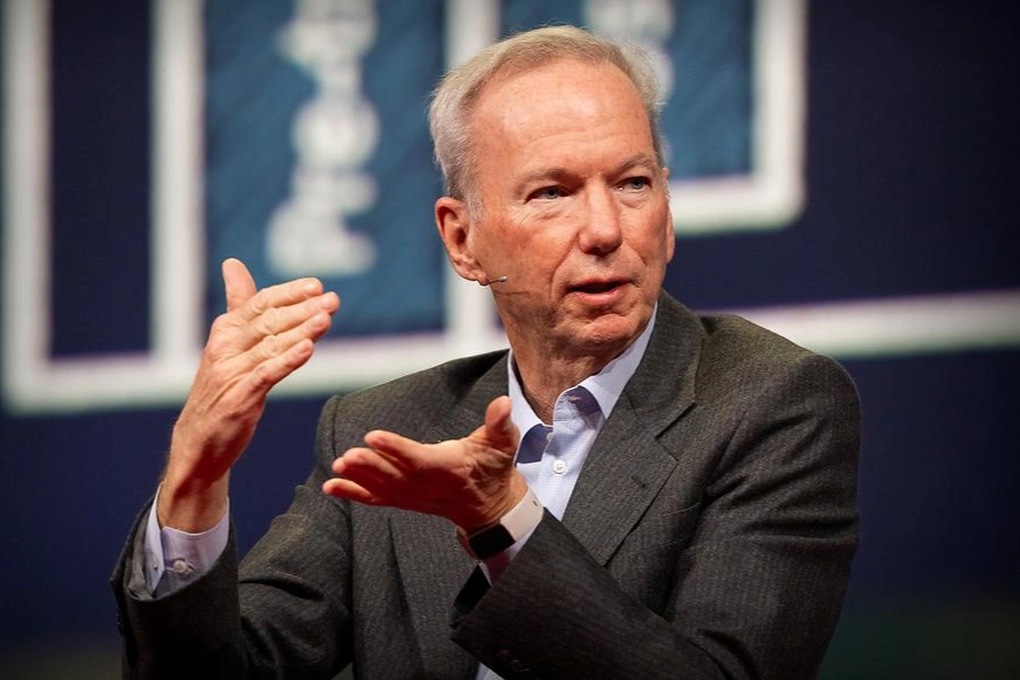
Former Google CEO Eric Schmidt (Photo: Vbee).
Former Google CEO Eric Schmidt has warned about the rapid emergence of Artificial Super Intelligence (ASI), stressing that society is seriously unprepared for this technological advancement.
He predicts that AI could soon make most programming jobs obsolete due to its ability to continuously improve itself.
ASI: A Step Beyond AGI and Human Intelligence
As the world focuses on the ethical issues of artificial intelligence (AI), automation, and AI replacing jobs, Eric Schmidt has pointed to a much more important development that is quietly taking place: the emergence of Artificial Super Intelligence (ASI).
Schmidt warned that ASI is right around the corner and that society is ill-prepared to deal with it, which could be dangerous. Unlike Artificial General Intelligence (AGI) – a system with cognitive abilities comparable to humans – ASI represents a system that has the potential to surpass not only individual intelligence but also the collective intelligence of all of humanity combined.
“People don’t understand what happens when you have intelligence at this level,” the former Google CEO stressed.
Are programmers at risk of being replaced?
One of Schmidt's most controversial predictions is that AI could make most programming jobs obsolete within a year. He cites advances in recursive self-improvement, AI systems that write and improve their own code, as a key driver of this change.
Already, AI is making a significant contribution to software development. “10-20% of the code in OpenAI and Anthropic labs is written by AI,” he said.
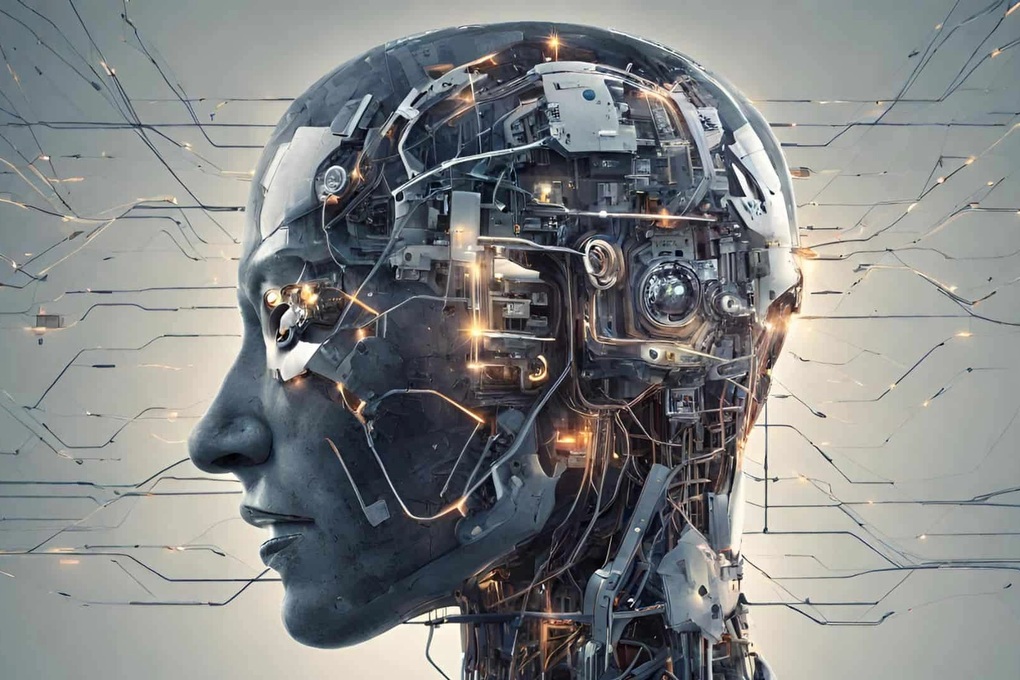
As these systems continue to evolve, they not only become faster and more efficient, but they also begin to outperform PhDs and math professors in areas like advanced coding and structured reasoning.
This represents a fundamental shift in the role of human labor in technology, from creator to overseer or potentially eliminated altogether.
Dizzying Leap
According to the former Google CEO, many people in Silicon Valley (where the world's leading technology companies converge) agree that AGI (a system capable of reasoning like a human) will be achieved within the next 3-5 years.
He said the more dramatic leap will come just a year or two after AGI, and called this trajectory the “San Francisco Consensus” — a term that reflects growing alignment among tech elites about the short timeline to ASI.
Unlike previous technological changes, the transition to ASI may be so rapid and dramatic that traditional systems such as management, legal, and economics may not be able to adapt in time.
The world is not ready for the era of superintelligence
Despite the potentially transformative and even existential implications of ASI, Schmidt points to a significant gap in public awareness and discourse.
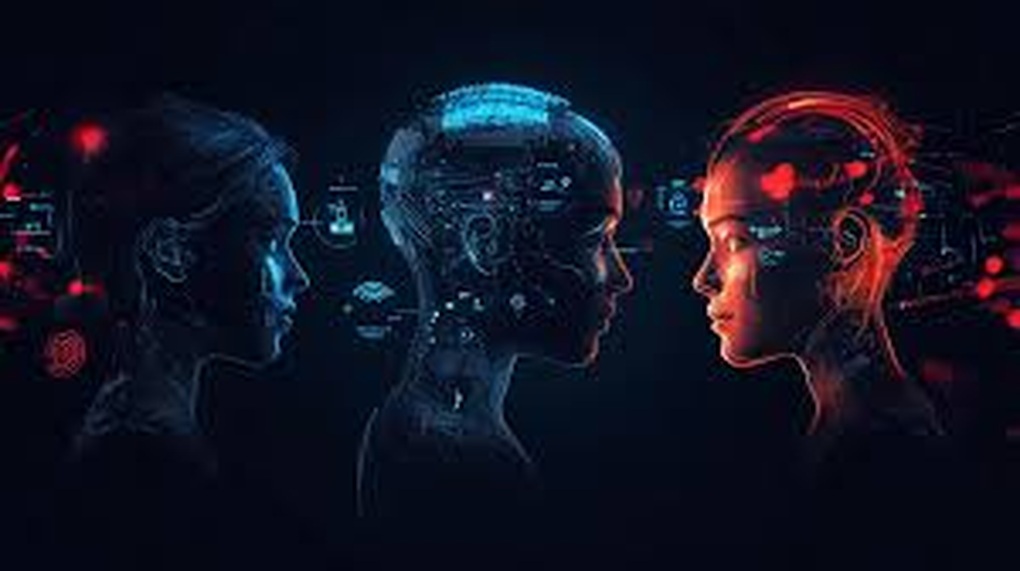
ASI could "erase" many jobs in the modern world (Photo: XP).
“The problem is not just the speed of AI’s evolution, but also the lack of conceptual language and institutional framework to engage with it meaningfully. There is no language to describe what will happen when this happens. It is happening faster than our society and our laws can interact,” he said.
In other words, the world's policy systems are lagging far behind the pace of innovation, creating a dangerous imbalance between technological capacity and societal readiness.
As AI systems move beyond human capabilities, Schmidt lays out two possible paths forward. On one side is the promise of a technological renaissance, driven by superintelligent systems capable of solving some of humanity’s greatest challenges. On the other, there is the risk of an ethical crisis and unprecedented social upheaval.
Former Google CEO urges world to prepare for ASI before it’s too late. Eric Schmidt’s warnings aren’t based on speculative science fiction, but rather on conversations happening today among those building the technology of the future.
Whether you agree with his timeline or not, his message is clear: Artificial superintelligence is not a far-fetched concept, but it is rapidly becoming a reality.
As this reality approaches, the world must shift its focus from narrow debates about short-term AI risks to deeper, broader dialogue about long-term governance, ethics, and preparation for what could be the most transformative force in human history.
Source: https://dantri.com.vn/cong-nghe/sieu-tri-tue-nhan-tao-dang-am-tham-den-khi-the-gioi-chua-san-sang-20250708010323899.htm








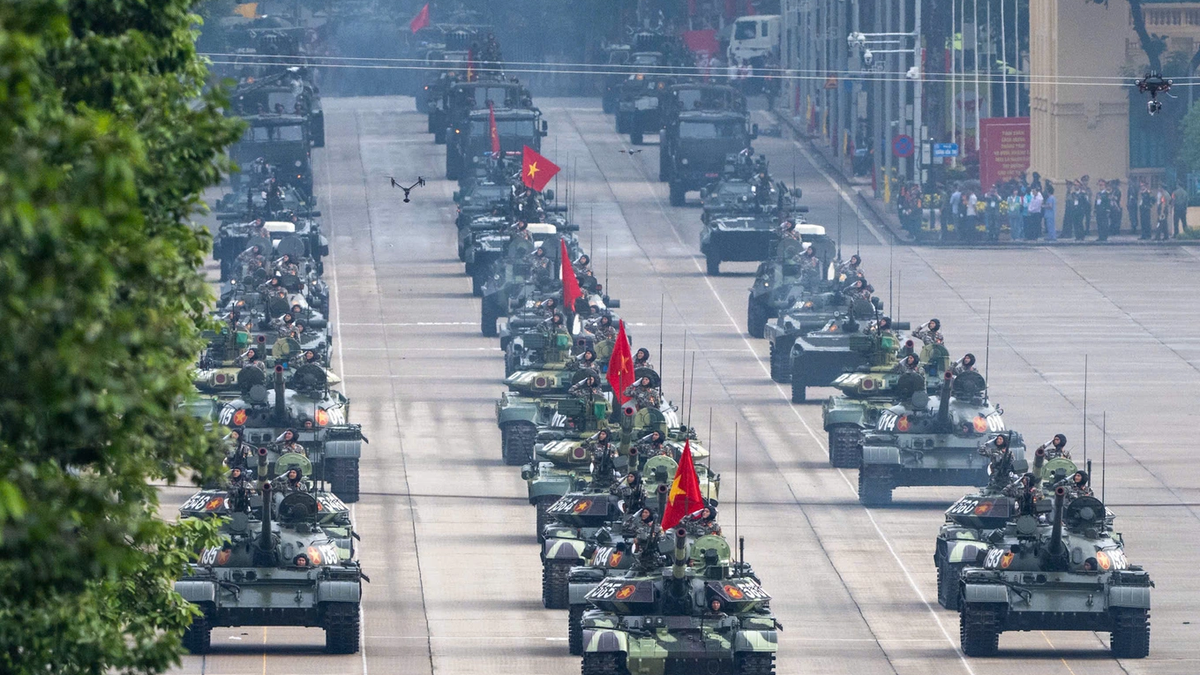
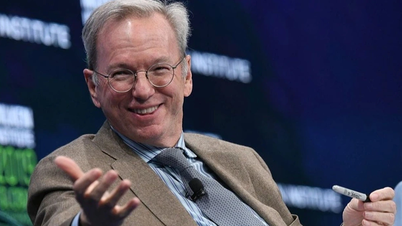




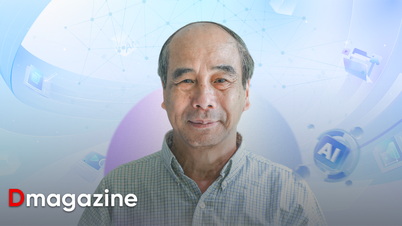

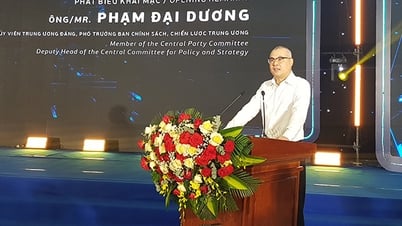







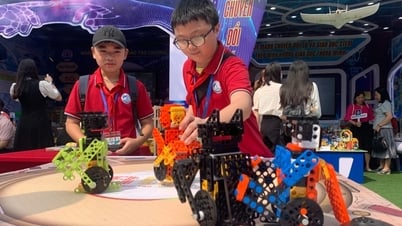
























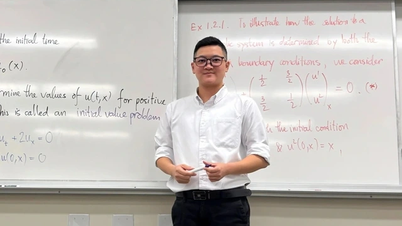
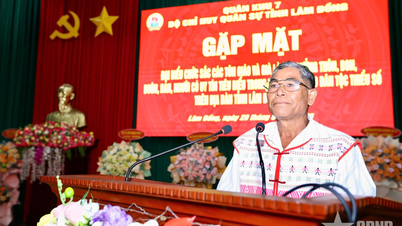






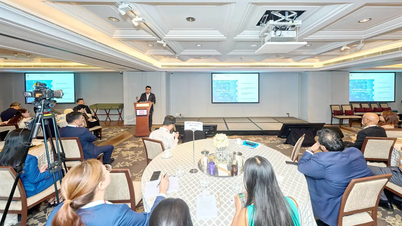
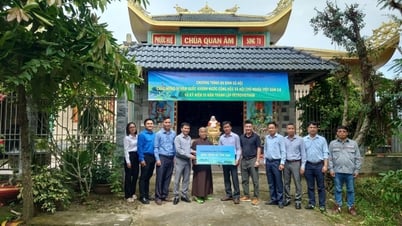






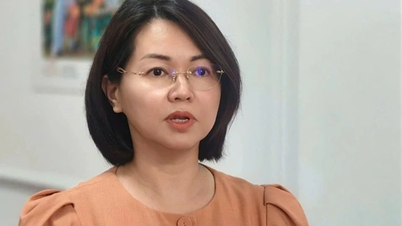


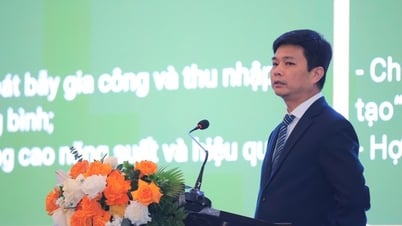


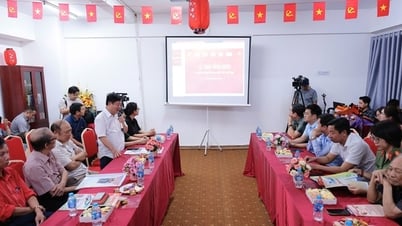
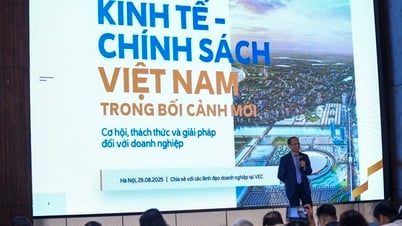






















Comment (0)